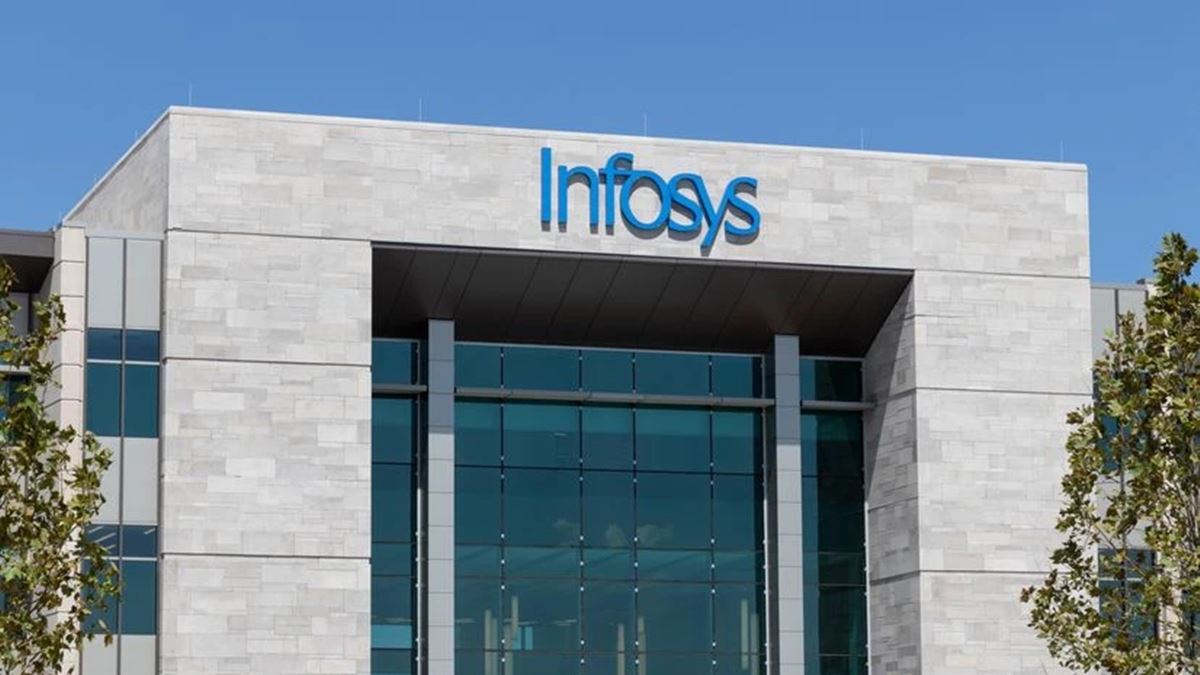AI is transforming India’s infotech sector, driving unprecedented efficiencies across software development and IT services. The sector is at a crossroads, with TCS announcing a freeze on hires and planned layoffs of 12,000 employees. AI is expected to boost productivity by 30% and is becoming the fabric of work in global enterprises. While this may impact jobs, it also presents opportunities for India, as companies struggle with legacy infrastructure and need help with AI regulations.
The Indian IT sector, a key driver of the country’s economic growth, is undergoing a significant transformation as artificial intelligence (AI) reshapes software development and IT services. Tata Consultancy Services (TCS), one of the largest IT companies in India, has recently announced a freeze on hires and plans to lay off approximately 12,000 employees [1]. This move, attributed by TCS to skill mismatches and organizational shifts from waterfall to agile methodologies, is seen by industry experts as a response to the increasing impact of AI on the IT sector.
AI is expected to boost productivity by 30% across various domains, including coding, testing, and customer support [1]. AI-powered tools are enhancing efficiency and accuracy, reducing the need for human intervention in repetitive tasks. This transformation is not unique to TCS; it is a global trend, with Microsoft openly embracing AI-driven restructuring and laying off employees to push into AI technologies [2].
The Indian IT sector, valued at $283 billion, is at a crossroads. While AI presents opportunities for increased productivity and innovation, it also poses challenges in terms of job displacement and skill transformation. The sector, known for its large pool of skilled talent, may see a shift towards roles requiring skills in AI development, implementation, and management [1]. Companies that fail to adapt to these changes may struggle to remain competitive in the global market.
TCS’s recent announcements serve as a strategic message to the stock market, employees, and clients. For the stock market, it signals a disciplined approach to cost optimization and a proactive stance in adapting to a changing market. For clients, it communicates TCS’s commitment to delivering highly efficient, AI-catalyzed solutions. For employees, it underscores the need for continuous skill transformation [1].
The Indian IT sector’s future will not be built by large coding armies billing hours for legacy systems. Instead, it will be shaped by lean, AI-native small firms solving complex problems in healthcare, defense, fintech, sustainability, education, and beyond [1]. This shift presents an opportunity for Indian IT companies to reposition themselves as indispensable partners for the AI era, helping global clients clean and organize data, modernize old systems, and build compliant AI solutions.
In conclusion, AI is transforming India’s infotech sector, driving unprecedented efficiencies and presenting both challenges and opportunities. Companies must adapt to these changes, focusing on continuous skill transformation and leveraging AI as a core competency to remain competitive in the global market.




















